
The electrification pathway
Limiting the global temperature increase within safe levels requires an energy revolution. The development of breakthrough energy storage technologies can greatly help towards this goal.

Limiting the global temperature increase within safe levels requires an energy revolution. The development of breakthrough energy storage technologies can greatly help towards this goal.

Summer 2003, the severe heat wave that affected Europe (15,000 excess deaths over August in France, nearly 1,100 of those in Paris) taught our cities that adaptation and preparedness are not an option but a necessity. How are we putting the lesson into practice?
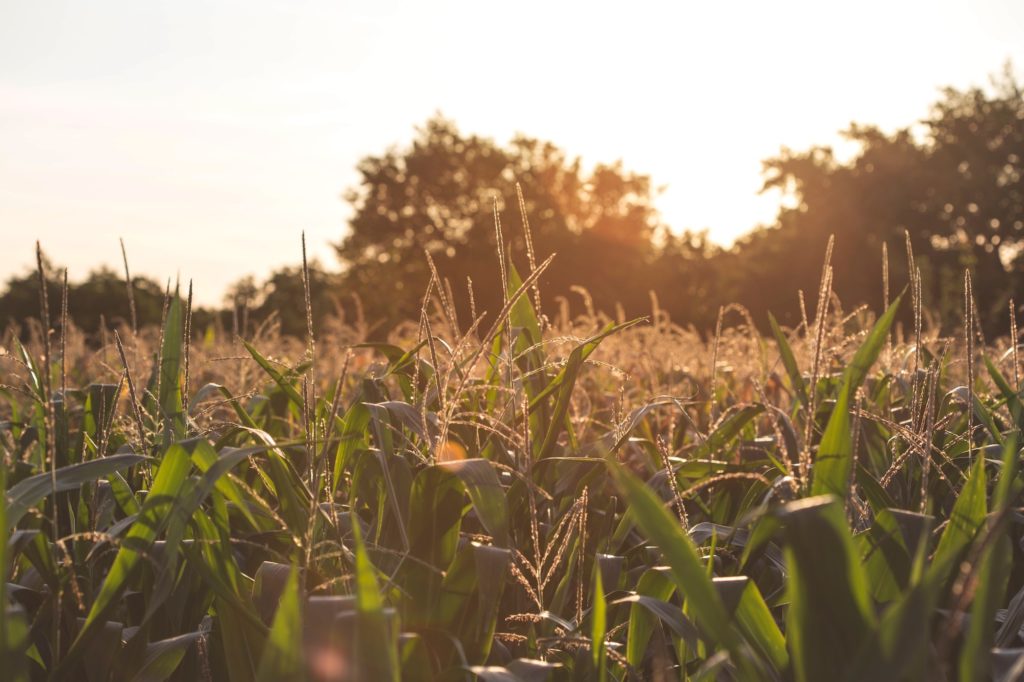
As temperatures increase and threaten the quantity and quality of our food supplies, international trade will be increasingly important to feed the world, in addition to new practices to enhance the resilience of our food systems. Future perspectives and solutions for a cultivated planet.

UNFCCC Executive Secretariat Patricia Espinosa will deliver a keynote speech today, September 24th, to kick-off the 10th annual Climate Week NYC, where government ministers, investors,
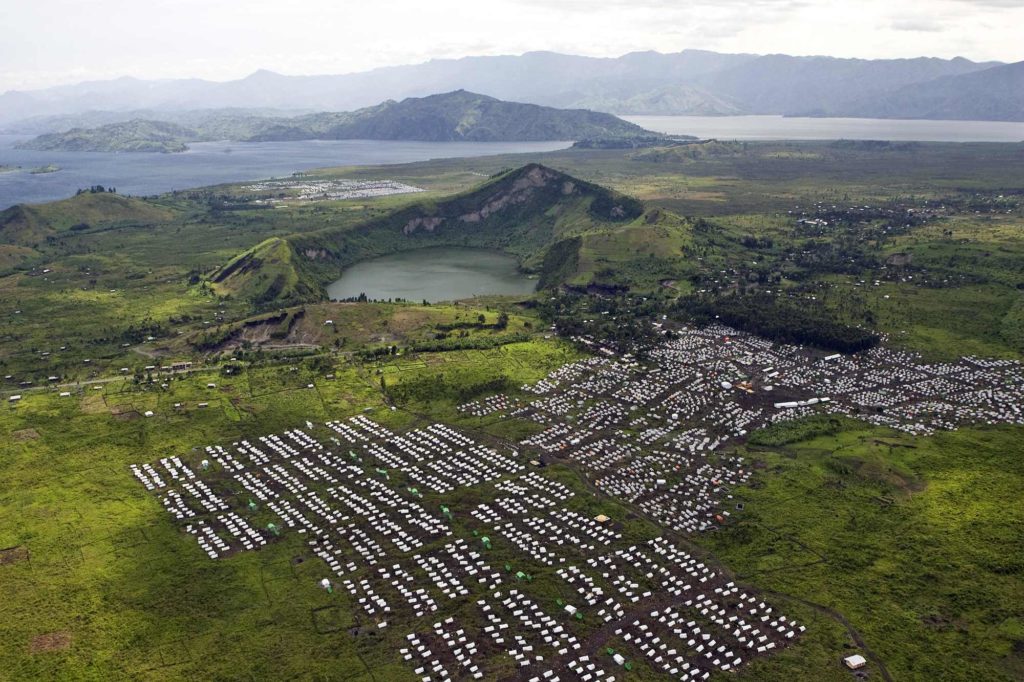
Climate change is linked to some of the most pressing security challenges of our time, but the complex relationship between climate change and conflicts is far from being untangled. A new Sweden-led research collaboration aims to investigate the security implications of climate change.

The Global Climate Action Summit held in San Francisco provided local leaders with a powerful platform to raise their voice, urging national governments to do more and better to tackle climate change ahead of 2020.
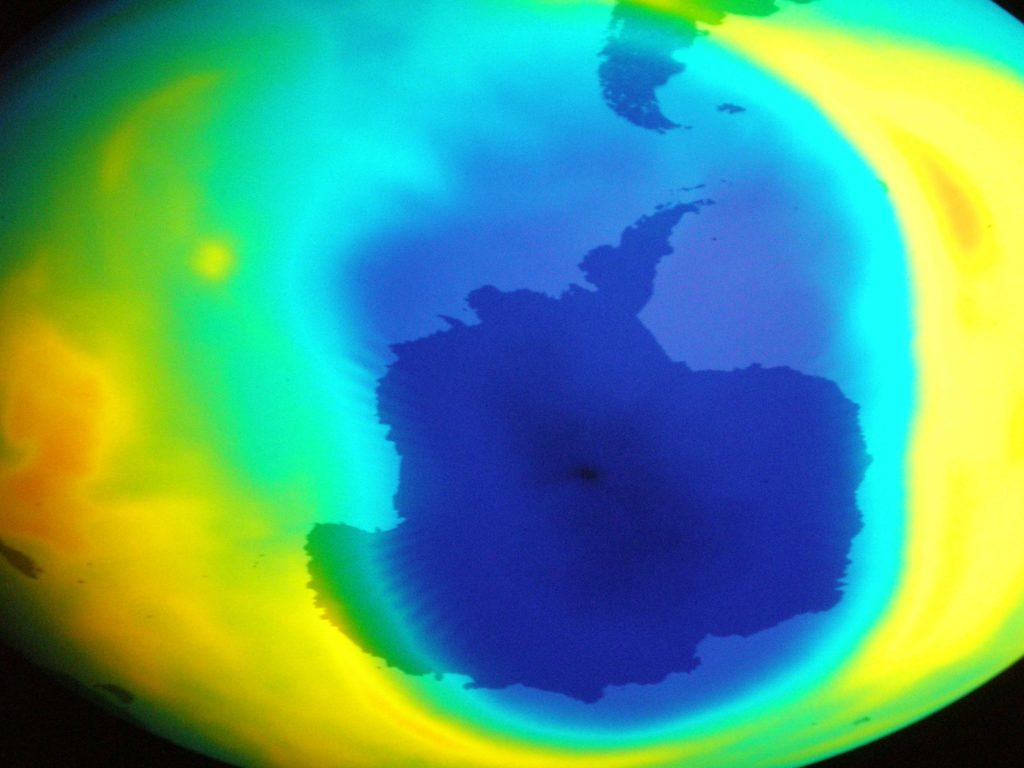
The theme of the 2018 World Ozone Day, which is marked every year on 16 September, is Keep Cool and Carry On, a “rallying call urging all of us to carry on with the exemplary work under the Montreal Protocol”.

Strategic policy and investment decisions supporting the transition to a pathway of low-carbon, sustainable growth could lead to direct economic gains of US$26 trillion by
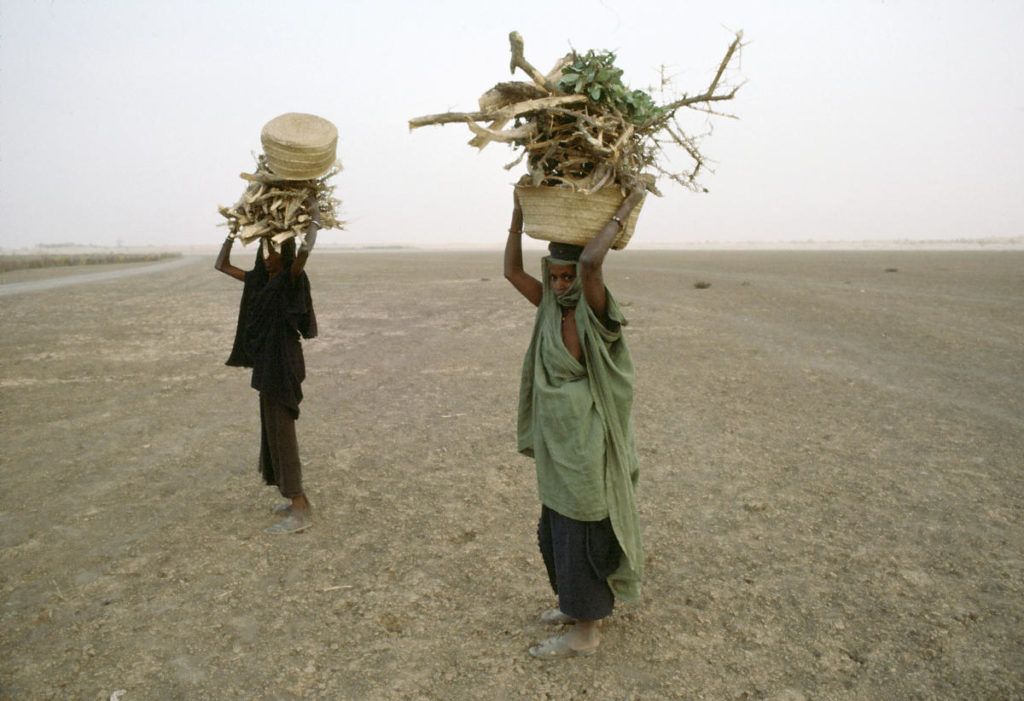
Hunger has been on the rise over the past three years, returning to levels from a decade ago. This reversal in progress sends a clear warning that more must be done and urgently if the Sustainable Development Goal of Zero Hunger is to be achieved by 2030.
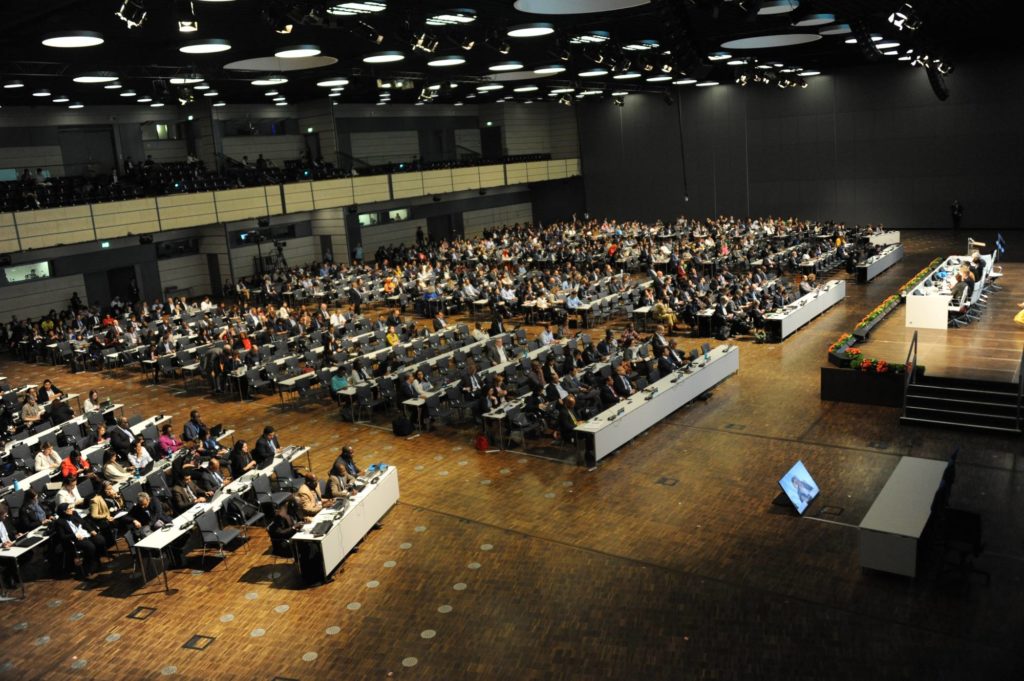
The extra round of negotiations to define the rules of the Paris climate agreement closed in Bangkok without satisfactory steps forward on the rulebook due to be adopted at COP24 in December. “We cannot allow Katowice to remind us of Copenhagen”, UN Secretary-General Antonio Guterres said.
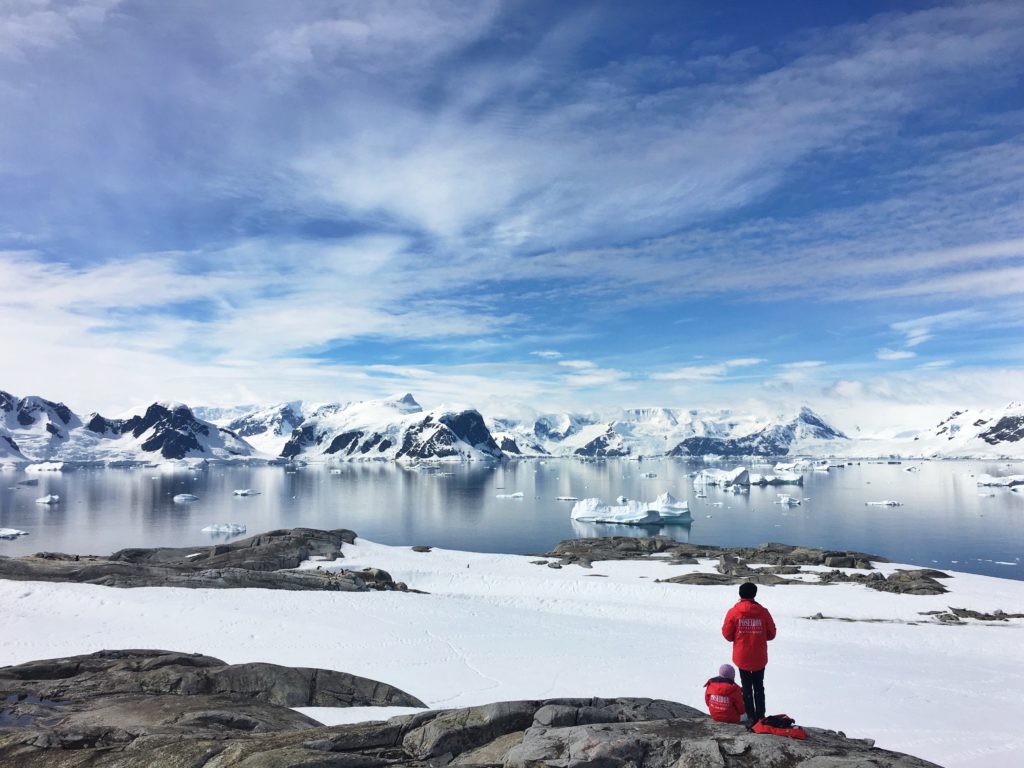
What will Antarctica look like in 2070? Two different scenarios explore how Antarctica and the Southern Ocean will change over the next 50 years. Choices made in the next decade will determine long-term consequences for Antarctica and the rest of the globe, according to a research recently published on Nature.
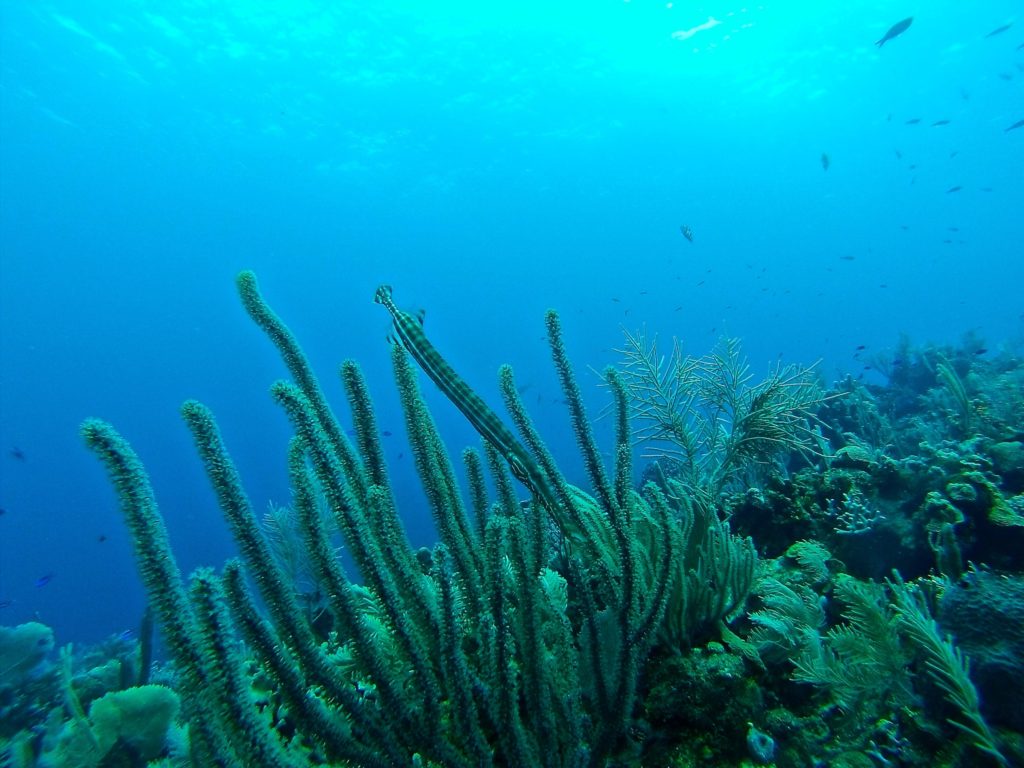
A new European Commission report shows that EU Member States have made considerable efforts to address pressures on the marine environment. Despite this, the measures are not yet sufficient to achieve good, healthy and productive seas by 2020.